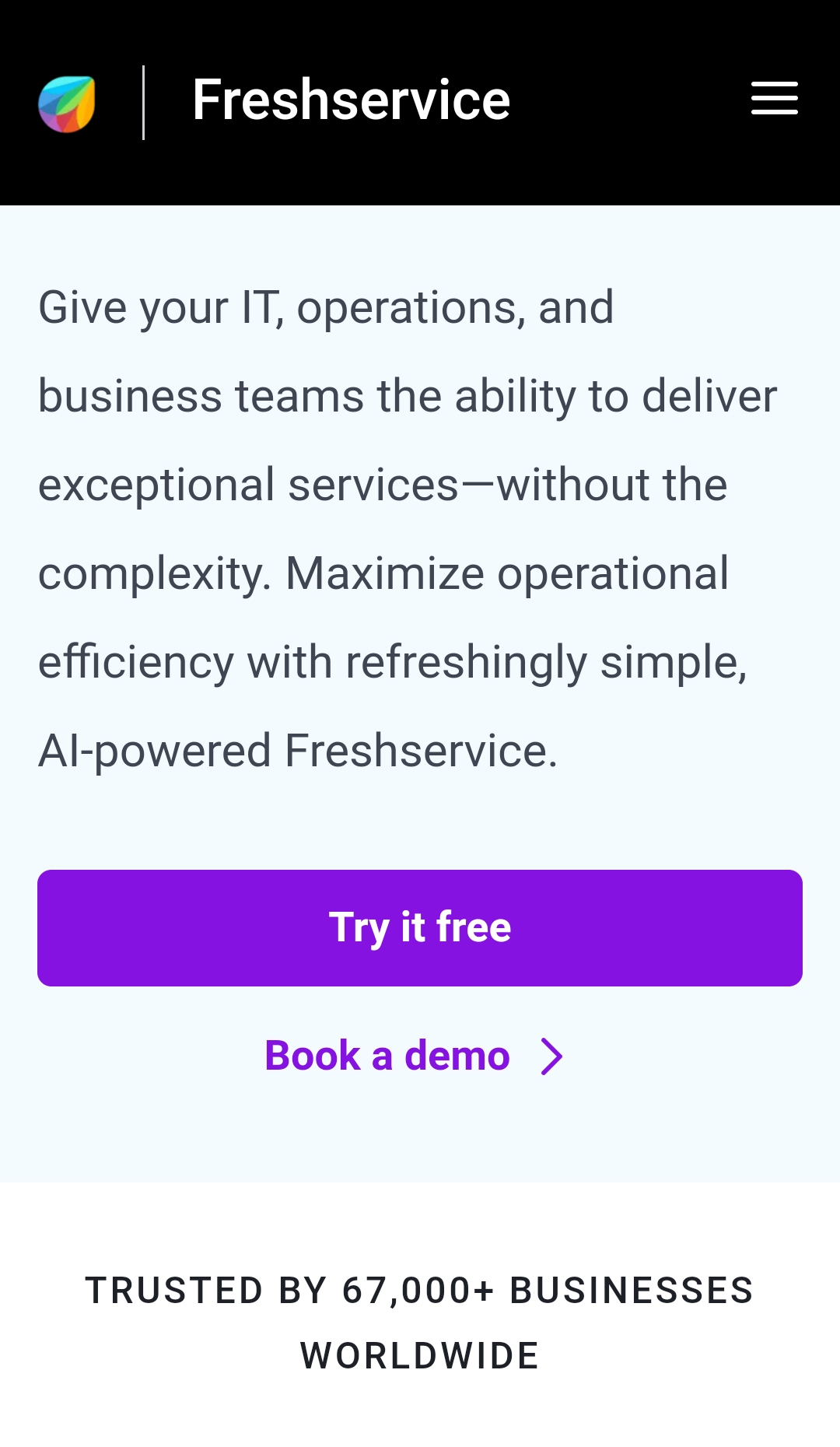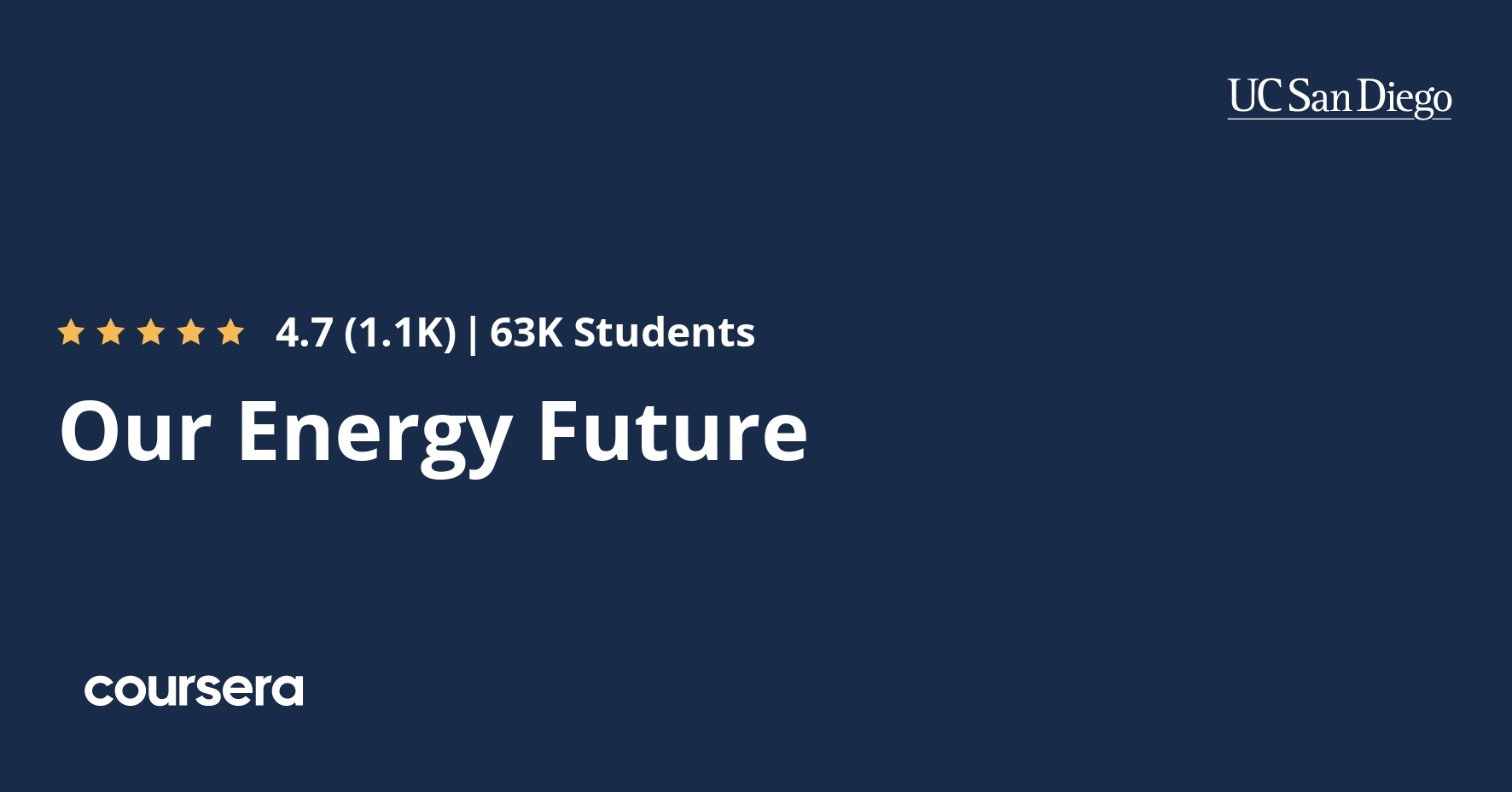Description
This course is designed to introduce students to the issues of energy in the 21st century – including food and fuels – which are inseparably linked – and will discuss energy production and utilization from the biology, engineering, economics, climate science, and social science perspectives.
This course will cover the current production and utilization of energy, as well as the consequences of this use, examining finite fossil energy reserves, how food and energy are linked, impacts on the environment and climate, and the social and economic impacts of our present energy and food production and use. After the introductory lectures, we will examine the emerging field of sustainable energy, fuel and food production, emphasizing the importance of developing energy efficient and sustainable methods of production, and how these new technologies can contribute to replacing the diminishing supplies of fossil fuels, and reduce the consequences of carbon dioxide release into the environment. This course will also cover the importance of creating a sustainable energy future for all societies including those of the developing world. Lectures will be prepared and delivered by leading UC San Diego and Scripps Institution of Oceanography faculty and industry professionals across these areas of expertise.
What you will learn
General Course Materials
Course overview materials, including syllabus, lecturer information, grading criteria, and external notices and resources.
Introduction to Energy
Introduces the basics of energy, covers finite energy sources like petroleum, looks at how energy and food are related, and examines the scale of current and future energy consumption and what renewable energy options can meet that demand.
Physical Energy Sources
Looks at some of the alternative energy options from the physical sciences domain, including wind energy, photovoltaic and photothermal energy, and nuclear energy. It also covers energy storage and electric vehicles, and energy efficiency and smart grid technologies.
Introduction to Biological Energy Sources
Provides an overview of the different biological energy sources including plants and algae. It explains what biofuels are, how they are produced, and the pros and cons of different biological sources.
Plant Biofuel
Discusses various plant-based fuels including corn ethanol, cellulosic ethanol, and jatropha biodiesel. It will cover the different technologies used, the pros and cons of each source, and current production around the world.









